Magnesium For Skin: Key Benefits, Uses, And Side Effects
From hydrating skin to controlling body odor, this mineral helps the skin in multiple ways.
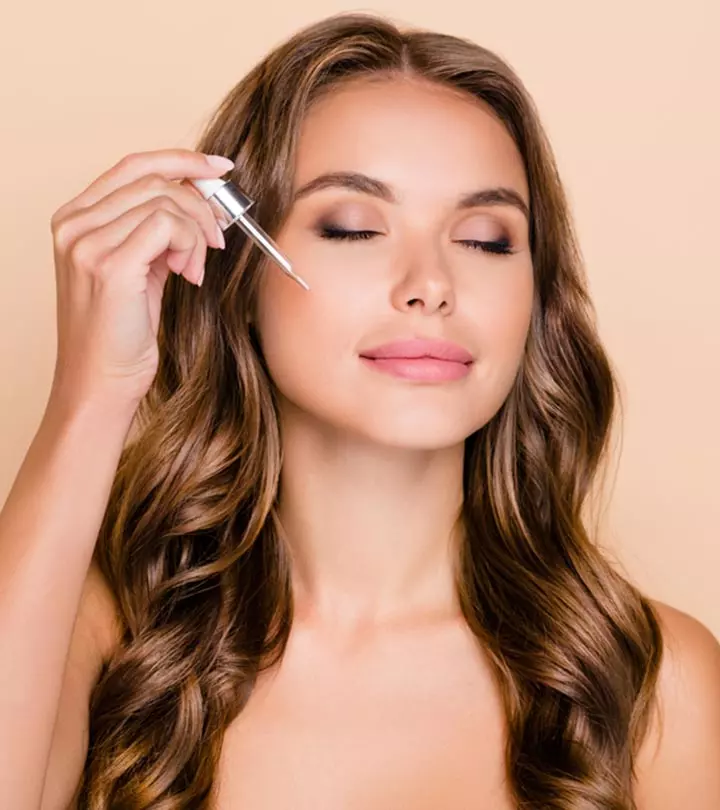
Image: Shutterstock
You have probably heard that magnesium is important for various essential cellular activities in the body, but did you know there are benefits of magnesium for skin care as well?
This pure mineral has beauty benefits that replenish the skin with other essential minerals and hydrate and soothes it. It may also help you treat a variety of skin issues. In this article, you will learn about the benefits of magnesium, how to use it, its side effects, and much more. Keep reading!
 Know Your Ingredient: Magnesium
Know Your Ingredient: MagnesiumWhat Is It?
Magnesium is a mineral that is essential for many bodily functions.
What Are Its Benefits?
It helps treat eczema, rosacea, and other skin conditions as well. It reduces inflammation and helps regulate body odor.
Who Can Use It?
Anyone can consume or apply it except individuals with conditions like diabetes, intestinal disease, heart disease, or kidney disease.
How Often?
Less than 350 mg daily.
Caution
May interfere with depression or anxiety medications; consult a specialist before use.
In This Article
What Is Magnesium? Expert Insights
, MD, a board-certified dermatologist, explains, “Magnesium plays a role in many important interactions between enzymes in our body. It helps with many bodily functions, including muscle and nerve activation, blood pressure, bones, and heart.”
Magnesium provides incredible advantages to the skin as well. Let’s find out more in the following section!
Key Takeaways
- Magnesium increases skin hydration and moisture, thereby reducing its roughness and redness.
- However, one must avoid taking magnesium supplements with depression or anxiety medications.
- Stinging sensation and swelling of the tongue, lips, and face are a few side effects of magnesium.
Benefits Of Magnesium For Skin
1. Improves Skin Barrier Function
According to a study, magnesium salts are beneficial in preventing inflammatory diseases.
The research examined the efficacy of a magnesium chloride-rich Dead Sea solution. It was found that bathing in a Dead Sea salt solution improved skin barrier function in people with dry skin (1). Magnesium is an important component of bath salts, which helps in complete relaxation of the body. They give you the feeling of a spa at home.

2. Enhances Skin Hydration And Reduces Inflammation

Research states that bathing in a Dead Sea solution rich in magnesium increases skin hydration and moisture. It slows down signs of aging and reduces the appearance of wrinkles. In addition, it reduces skin roughness and redness, which are indicators of inflammation (1). Many lotions, serums, and creams contain magnesium to help soothe the skin.
Dr. Chacon adds, “Magnesium provides many benefits to the skin that include hydration and moisturization as well as creating an overall glow that is pleasant to the aesthetic eye.”
She adds, “When applied topically, magnesium oil can help reduce the oiliness of the skin by breaking apart fats and oils. It can help reduce the severity and appearance of acne breakouts. There’s also some additional evidence that it is helpful for eczema and rosacea as well as other skin conditions.”
3. Controls Body Odor

Magnesium is a common ingredient in most natural deodorants as its absorption is said to regulate odor by facilitating a gentle detoxification process in the body. This may help remove unpleasant body odors and keep your skin smelling fresh.
There are various ways to use magnesium to get its maximum nutrition and benefits for healthy skin. Let’s check them out.
How To Use Magnesium To Get Healthy Skin

There are a few things you can do to use magnesium to improve your skin:
- Eat foods rich in magnesium like nuts, seeds, whole grains, beans, leafy vegetables, milk, yogurt and fortified foods. Incorporating foods high in magnesium into your diet can boost skin and hair health.
- Take magnesium supplements, like magnesium citrate.
- Use a magnesium chloride-infused moisturizer that is made with healthy, non-toxic ingredients. Use it up to 3 times per day for maximum results.
- Take 1 to 3 pumps of magnesium oil into your hand and rub it into your skin thoroughly every day.
 Did You Know?
Did You Know?“Magnesium on the skin is best used as an oil. The oil itself can be rubbed on the skin. It is available in spray bottles or can be made at home by mixing magnesium flakes with boiled and distilled water,” remarks Dr. Chacon.
But, how much magnesium should you use on your skin? See what an expert has to say about it in the next section!
How Much Magnesium Should You Take For Your Skin?
The use of magnesium for hair growth is widely recognized, but it is also an essential mineral that is used for skin to improve its texture and appearance. According to Dr. Chacon, “One should start with a cautious amount of 100 mg per day. You may increase it depending on the level of tolerance. However, if you notice any side effects, please get in touch with your doctor immediately and stop using it.”
Before adding magnesium to your skincare routine, you must know a few preventative measures. Read on to find out.
 Quick Tip
Quick TipPrecautions To Be Considered

- Magnesium on the skin may lead to side effects. Perform a patch test on your forearm before you start applying it to your face.
- It is important not to overuse magnesium. Take less than 350 mg daily.
- Avoid taking magnesium supplements in conjunction with medications for depression or anxiety and some antibiotics. Consult your healthcare provider before you start consuming it.
adds, “Individuals with conditions like diabetes, intestinal disease, heart disease, or kidney disease should be cautious while taking magnesium supplements. It is important to take it in moderation. Magnesium overdose can lead to nausea, diarrhea, muscle weakness, fatigue, and low blood pressure. In some rare cases, high doses can be fatal too. But this happens only in the case of internal ingestion of a tablet. The same rules may not apply to magnesium for skin care. Topically, like other substances, it may cause an allergic reaction.”
Although magnesium is one of the most beneficial ingredients, it has some surprising side effects. Find out more in the next section!
Side Effects Of Magnesium

Magnesium on the skin can lead to several side effects like:
- Stinging or burning sensation.
- Swelling of the tongue, lips, and face.
- Hives or itching.
- Skin rash.
- Stomach upset, nausea, diarrhea, and vomiting when taken orally.
- Kidney problems.
- Skin dryness.
- Unusual sweating.
- Too much magnesium intake may result in irregular heartbeat, low blood pressure, confusion, slowed breathing, coma, and eventual death.
Ever wondered why you feel a stinging sensation when you apply magnesium oil? The next section sheds light on the reason.
Why Does Magnesium Oil Sting The Skin?
The burning or stinging sensation experienced when using magnesium oil often leads people to think their skin is sensitive to it, but that may not be the case. While there is no evidence suggesting the exact reason behind the irritation, anecdotal evidence suggests that It can happen due to various factors:
- It might indicate low magnesium levels in the body. The more severe the deficiency, the stronger the tingling.
- Magnesium oil acts as a vasodilator, relaxing muscles and increasing blood flow. This might be a potential reason behind the stinging sensation.
- Magnesium oil is essentially magnesium chloride brine, a type of saltwater. After absorption, it may leave a slight residue, triggering itchiness in sensitive skin.
Moreover, applying too much magnesium oil at once can contribute to stinging. Therefore, it’s better to gradually introduce your skin to it.
Infographic: Benefits And Side Effects Of Using Magnesium For Skin
Magnesium is not only essential for overall health but also holds great significance for your skin. The above article unlocks the vital benefits of magnesium and how to use it for the skin. Check out the infographic below to know the top health benefits and side effects of using this mineral for your skin.
Some thing wrong with infographic shortcode. please verify shortcode syntaxThe Final Takeaway
Magnesium offers some therapeutic benefits for the skin. It can help improve the skin’s health by increasing its firmness and moisture. In addition, it may reduce inflammation and acne. However, in some cases, it may lead to adverse reactions in certain people. Including magnesium in your skincare routine can be rewarding if you are aware of its benefits and possible downsides. Knowing how it affects your skin can help you make smart choices. If you have any health concerns or skin sensitivities, consider talking to a healthcare provider for guidance on safe use.
Frequently Asked Questions
Are there any specific skin types that should avoid using magnesium?
Polina Sheriff, a cosmetologist, says, “Magnesium can be beneficial for most skin types, provided it is used correctly. It has anti-inflammatory properties and can help soothe skin, so it’s good for sensitive skin. If you have very dry or reactive skin you should be more careful because it can be drying.”
Is it safe to use magnesium for skin during pregnancy?
“During pregnancy, it’s generally safe to use magnesium topically, such as in creams or sprays, but it’s best to consult with a healthcare provider.”, says Sheriff.
Can magnesium be used as a preventative measure against skin damage or aging, and if so, how effective is it?
According to Sheriff, “Magnesium supports healthy skin barrier function and hydration, so it can help prevent skin damage and aging. It’s not a miracle cure, but it can help maintain skin health when used consistently.”
What are some natural sources of magnesium, and how can they be incorporated into a skincare routine?
Sheriff says, “Natural sources of magnesium include nuts and seeds (e.g. peanuts have 50 mg/oz and pumpkin seeds have 150 mg/oz), and whole grains (e.g. quinoa – 15 mg/oz).”
What are some common misconceptions about using magnesium for skin, and how can they be corrected?
“One misconception is that magnesium is only good for relaxation, but it’s important for your eyes, teeth, heart and more.”, says Sheriff.
Can magnesium be used in combination with other skincare ingredients, such as retinol or vitamin C?
According to Sheriff, “Magnesium can be safely used alongside ingredients like retinol and vitamin C, but patch-test new combinations to avoid adverse reactions.”
How do I know if I am low on magnesium?
Magnesium deficiency is diagnosed with a blood test and, in rare cases, a urine test.
Can you leave magnesium oil on overnight?
Yes, you can leave magnesium oil on overnight.
Is magnesium good for stretch marks?
According to anecdotal evidence, topical magnesium may help minimize postpartum stretch marks. However, it’s always a good idea to double-check with your health care professional.
What skin types benefit most from magnesium?
Magnesium is great for all skin types, especially sensitive or acne-prone skin, as it helps balance oil production and soothes irritation.
How can I safely incorporate magnesium into my skincare routine?
Start with products that contain magnesium in low doses, like creams or toners. Use them a few times a week to see how your skin reacts.
Illustration: Magnesium For Skin: Benefits And Side Effects

Image: Stable Diffusion/StyleCraze Design Team
Magnesium is amazing for your skin. Watch the video to learn about the fascinating benefits it can provide, like improved hydration and reduced inflammation.
References
Articles on StyleCraze are backed by verified information from peer-reviewed and academic research papers, reputed organizations, research institutions, and medical associations to ensure accuracy and relevance. Read our editorial policy to learn more.
- Bathing in a magnesium-rich Dead Sea salt solution improves skin barrier function. enhances skin hydration. and reduces inflammation in atopic dry skin
https://pubmed.ncbi.nlm.nih.gov/15689218/
Read full bio of Dr. CP Thajudheen
- Polina Sheriff is the Head Cosmetologist at Berlin Kosmetik, specializing in holistic beauty treatments. With a focus on personalized skin care, Polina addresses various skin concerns such as acne, aging, and scarring. She uses advanced techniques like enzymatic therapy and peels and prioritizes gentle care. Polina has 10+ years of experience and is dedicated to restoring confidence in her clients by enhancing their natural beauty through tailored treatments and professional care. She is a graduate of Freie Universität Berlin.
 Polina Sheriff is the Head Cosmetologist at Berlin Kosmetik, specializing in holistic beauty treatments. With a focus on personalized skin care, Polina addresses various skin concerns such as acne, aging, and scarring. She uses advanced techniques like enzymatic therapy and peels and prioritizes gentle care. Polina has 10+ years of experience and is dedicated to restoring confidence in her clients by enhancing their natural beauty through tailored treatments and professional care. She is a graduate of Freie Universität Berlin.
Polina Sheriff is the Head Cosmetologist at Berlin Kosmetik, specializing in holistic beauty treatments. With a focus on personalized skin care, Polina addresses various skin concerns such as acne, aging, and scarring. She uses advanced techniques like enzymatic therapy and peels and prioritizes gentle care. Polina has 10+ years of experience and is dedicated to restoring confidence in her clients by enhancing their natural beauty through tailored treatments and professional care. She is a graduate of Freie Universität Berlin.
Read full bio of Monomita Chakraborty
Read full bio of Anjali Sayee
Read full bio of Swathi E







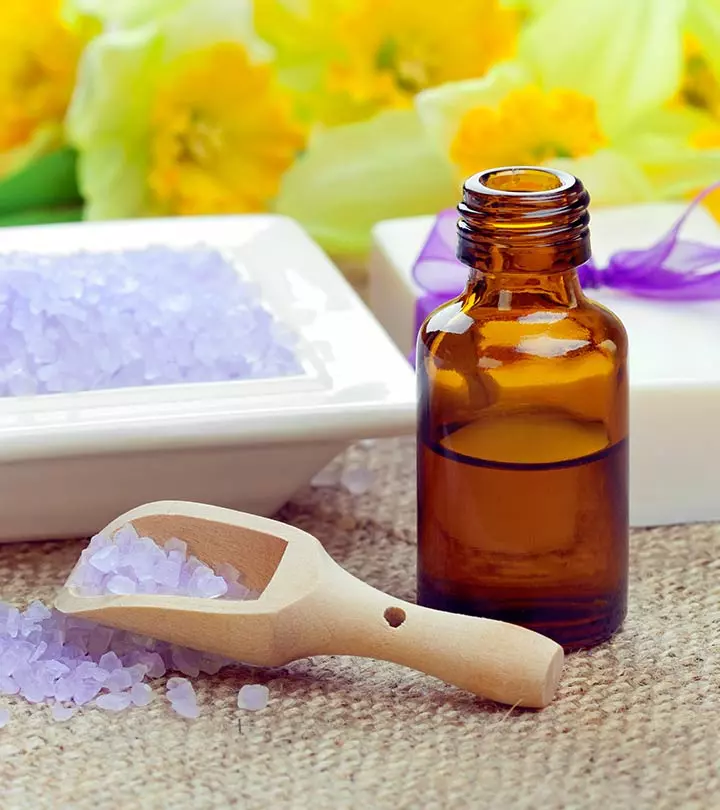
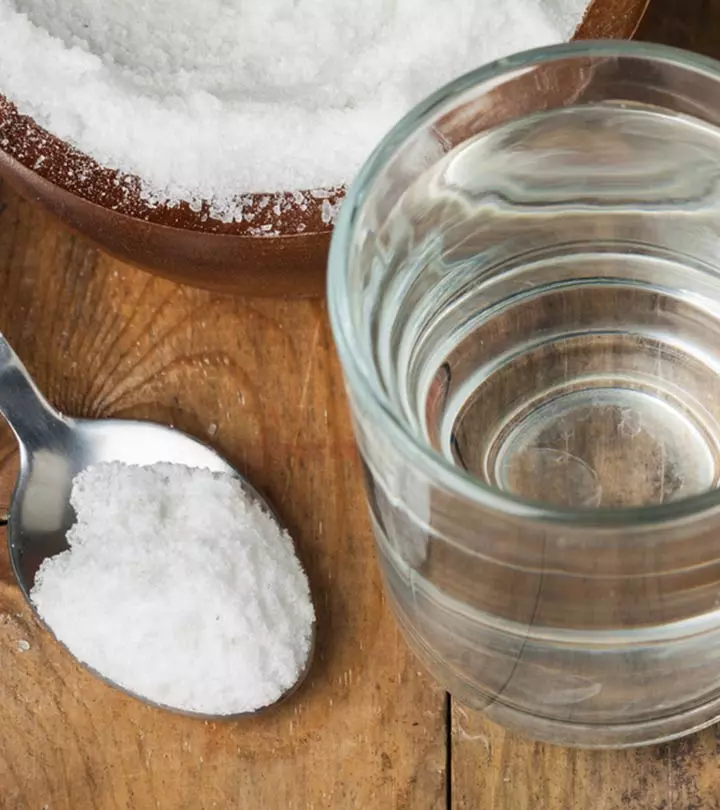
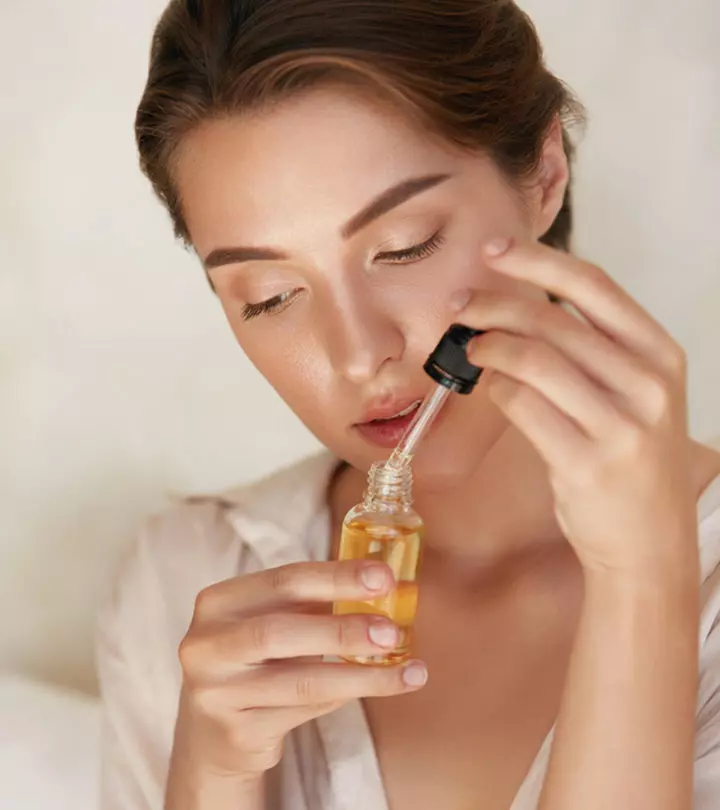


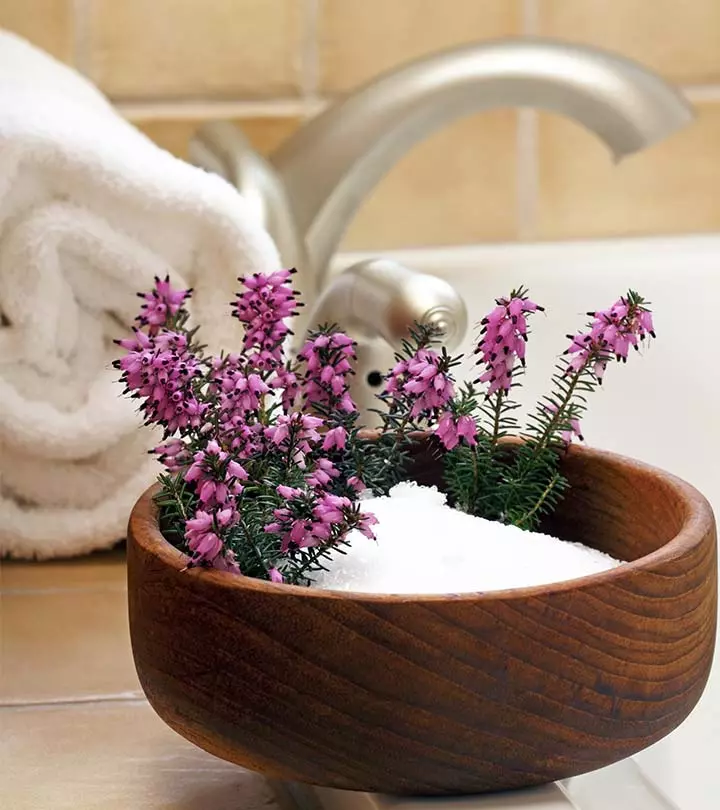

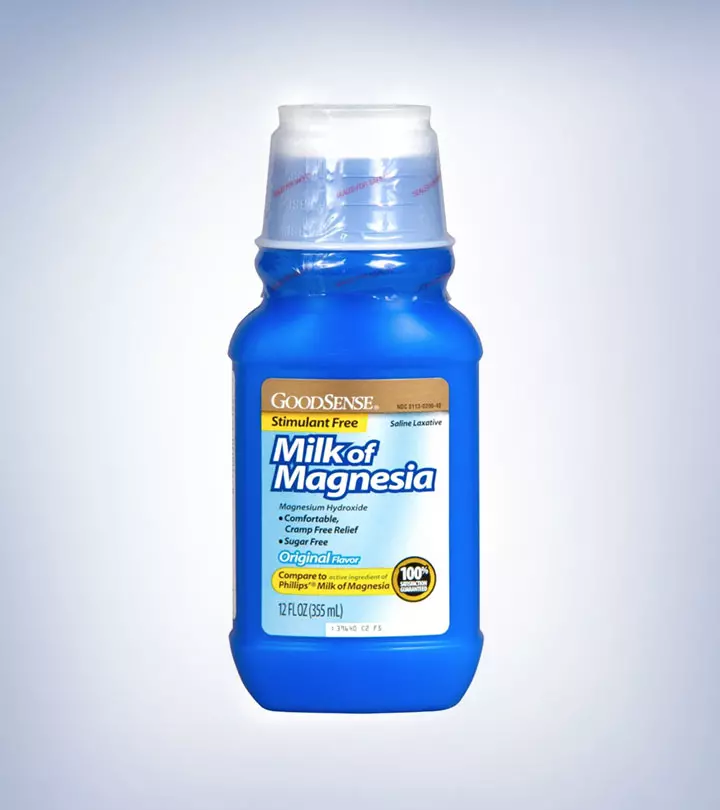
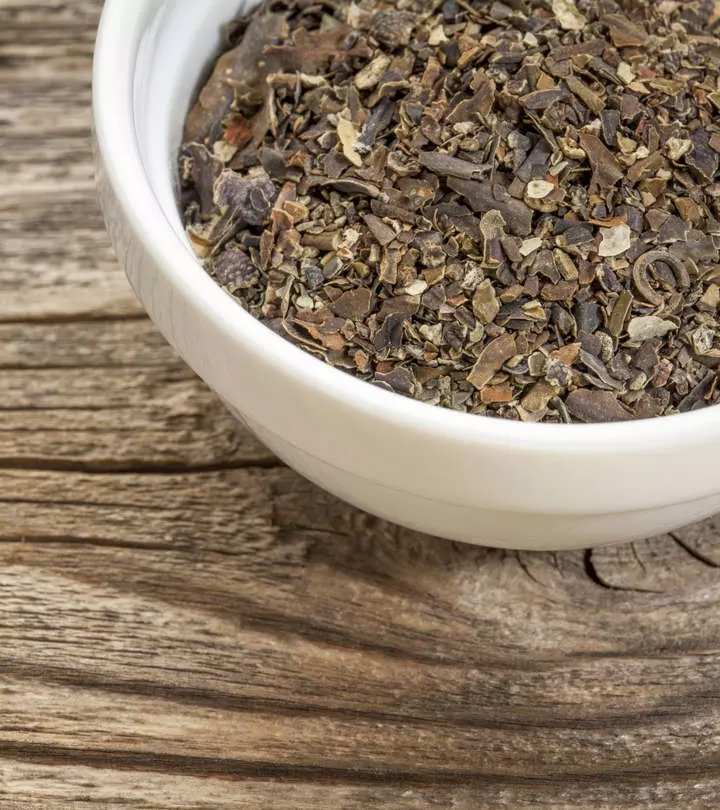
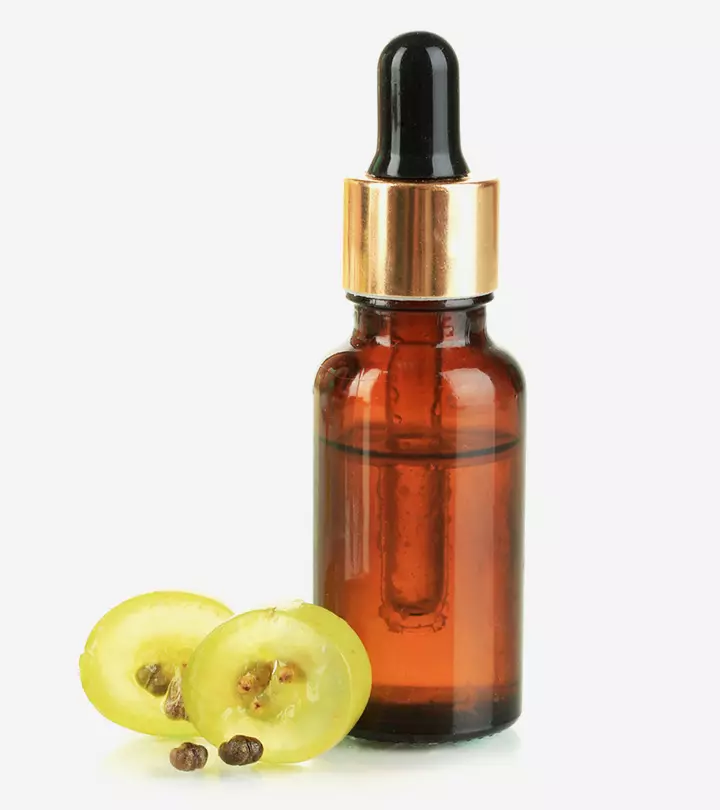
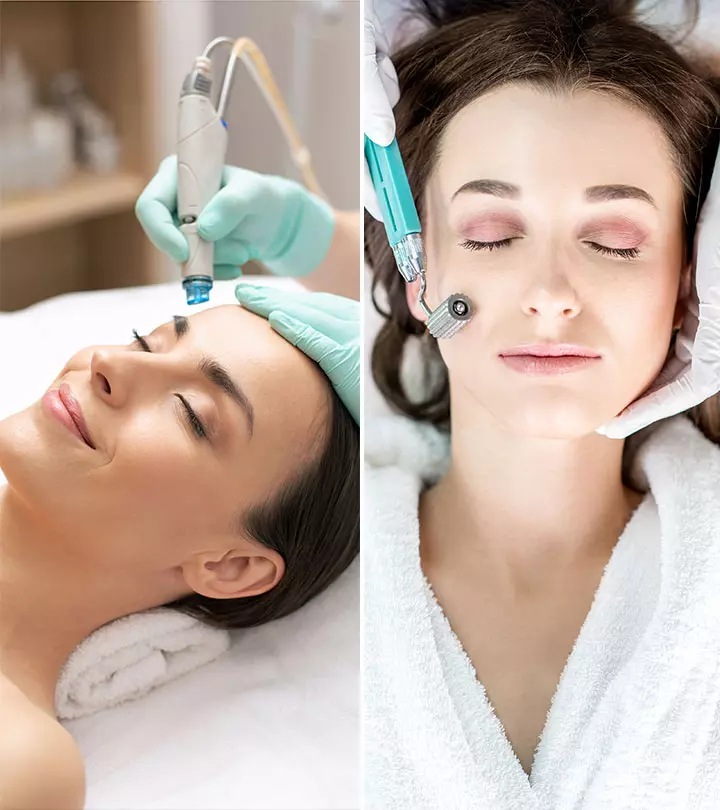

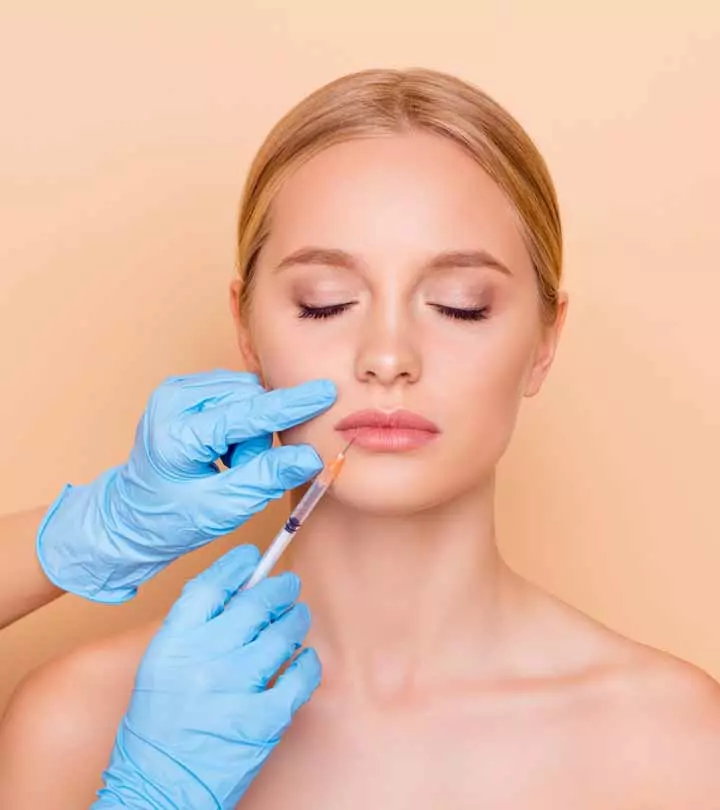
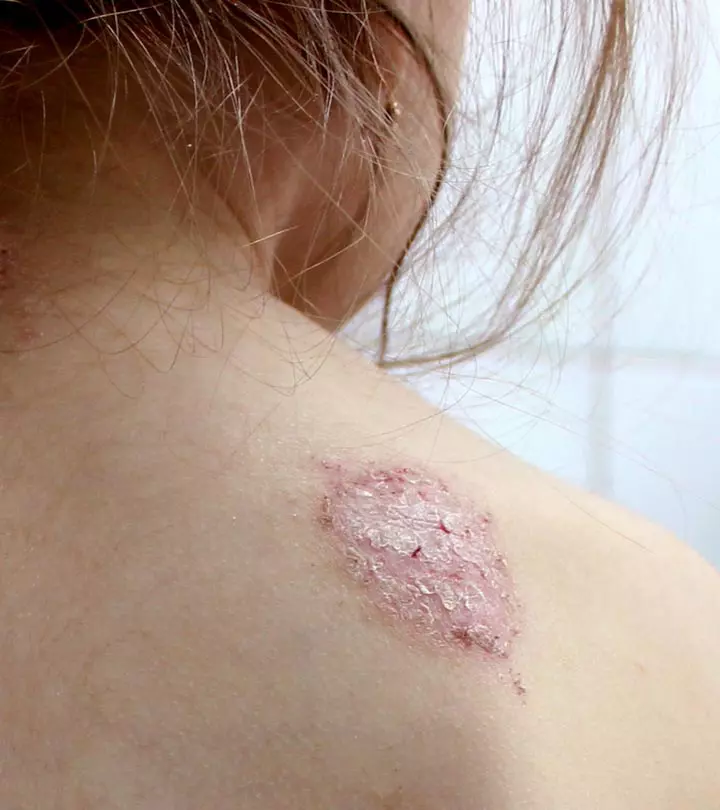

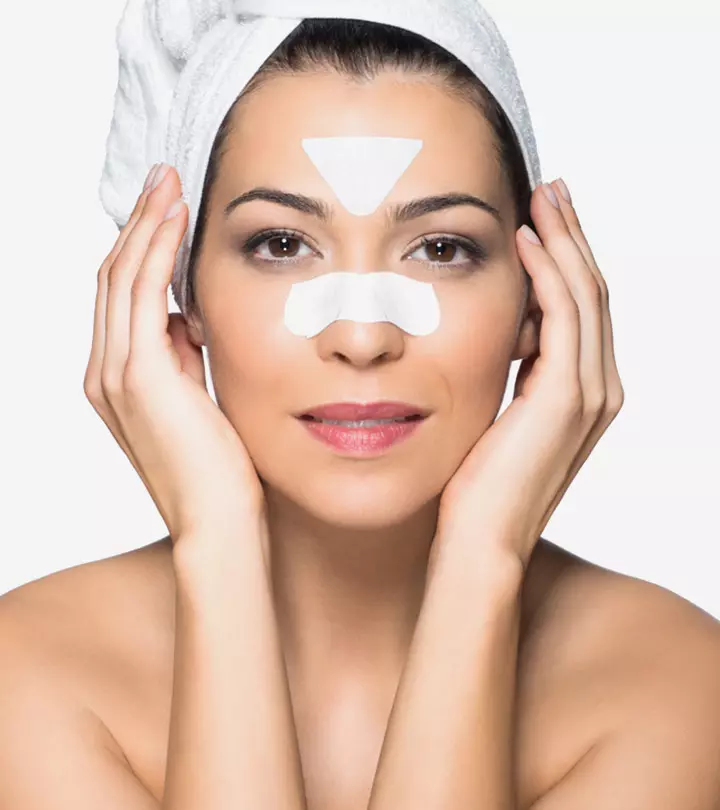
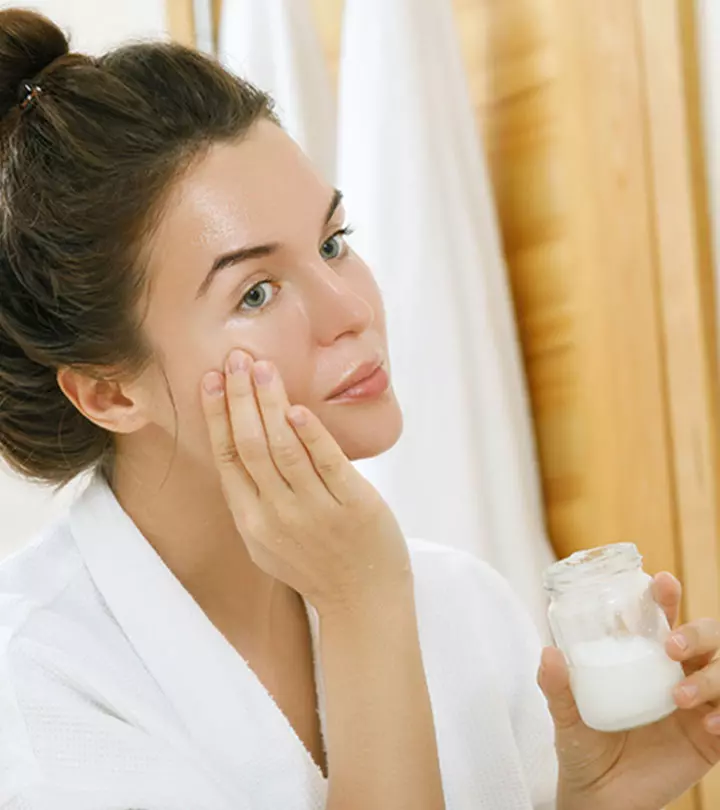

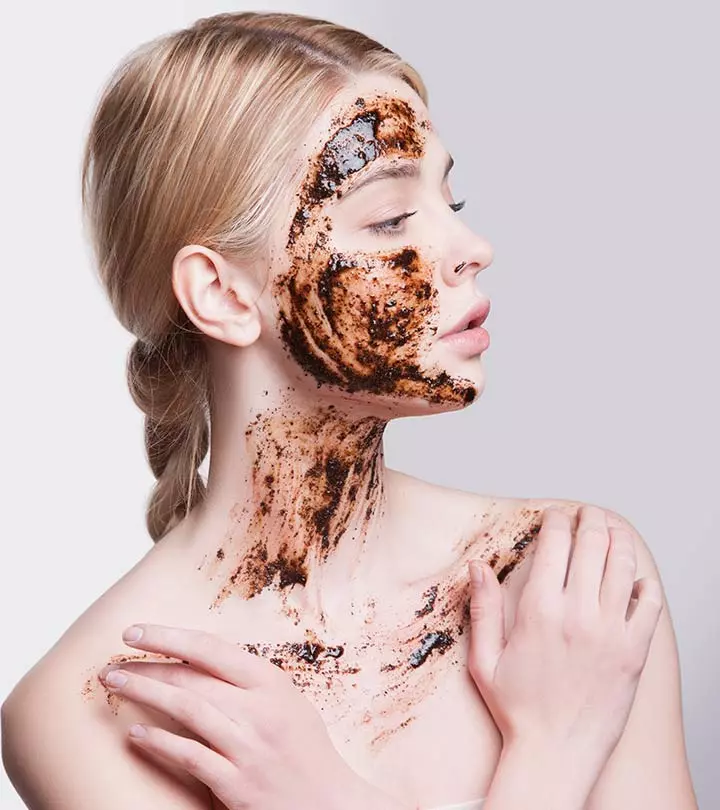


Community Experiences
Join the conversation and become a part of our empowering community! Share your stories, experiences, and insights to connect with other beauty, lifestyle, and health enthusiasts.